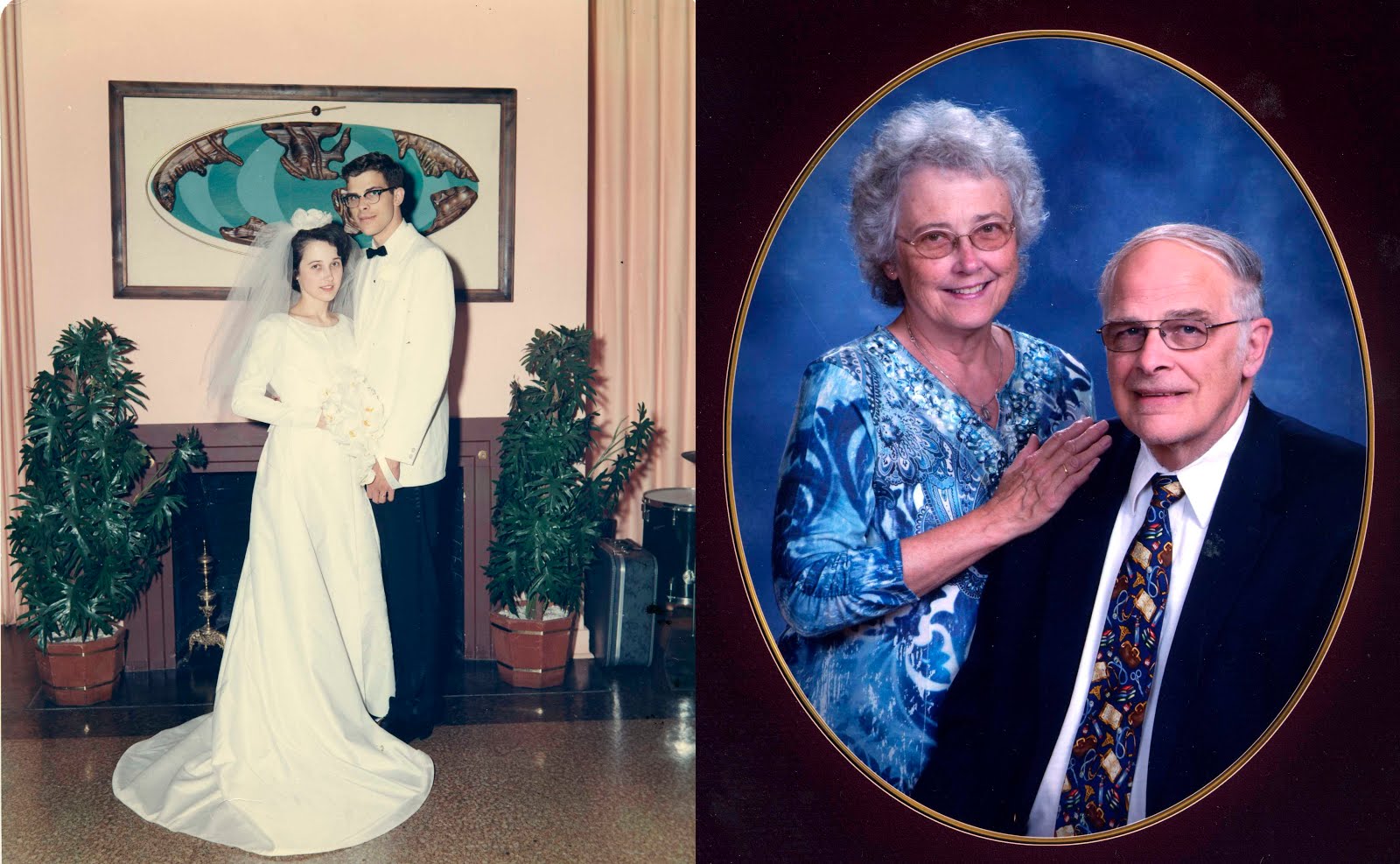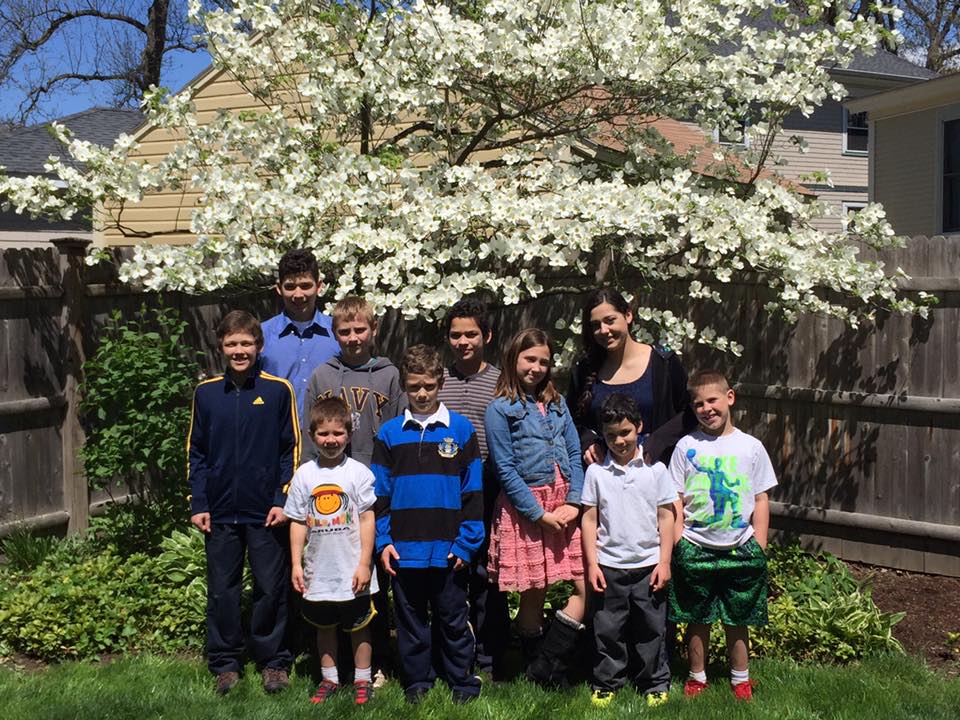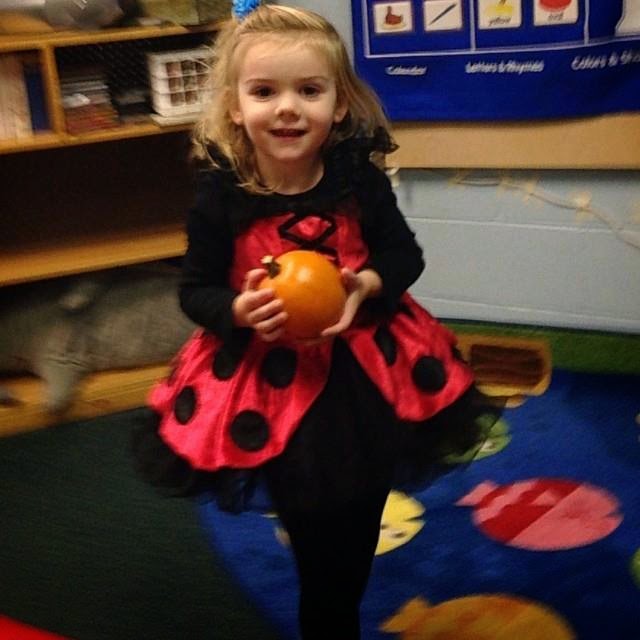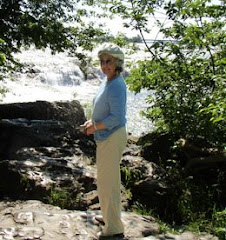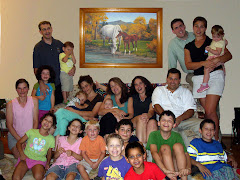John 10:1-10
When I was in Catholic grade school
back in the dark ages, I heard a sermon based upon this passage of
John's gospel. The idea was that we Catholics had good shepherds in
our pastors, because they stood in the place of Jesus the ultimate
good shepherd. And those thieves and robbers who climbed over the
walls to get at the sheep? Look no further than the protestant
minister down the street, who were always trying to steal sheep from
the Catholic church. An awful message, I agree, but it was probably
the mirror image of what protestant ministers were saying about
Catholic priests.
There is no question that priests and
ministers and rabbis and imams all have a vested interest in keeping
their sheep in their own sheepfolds, and even gaining sheep,
sometimes at the expense of other flocks. After all, if you don't
keep your flock, you are out of a job, but more importantly, you've
failed at your vocation. And I'm not saying there is anything wrong
with that. It is an inducement for those who lead flocks to
continually try to improve, to reach out, to teach better – to do
everything possible to form a loyal and fervent community – as long
as it doesn't lead people to hate, as long as it doesn't turn people
into mindless followers.
But when you look at today's gospel
and think a little bit about how shepherds were in those days, a few
surprises may pop up. First, some background. Shepherds at the end
of the day would try to find a shelter for their sheep. Sometimes it
was a cave, sometimes it was an enclosure made up of stones or logs,
or whatever was handy. Each shepherd might be responsible for twenty
sheep or so. Several shepherds would often herd their sheep into one
enclosure, and then take turns guarding the entrance. The one
guarding the entrance was the sheepgate; to get to the sheep, you had
to go through him.
In the morning the shepherds would
call their sheep – by name – and each flock would follow its
shepherd out to pasture where the shepherd would look over each sheep
one by one, tending to tangles in its wool, pulling off brambles,
maybe patching up cuts, while the rest of the sheep would graze. If
you were a sheep, this was the best part of your day. Going back to
the sheepfold was hell – you had to crowd in with strange sheep,
you were separated from your shepherd, there was nothing to eat, and
it was dark and scary.
And I think sometimes we think of our
church as a sheepfold. It's kind of a refuge from the world, it's
full of people who believe pretty much what we believe; our services
are familiar, the prayers and sermons and readings are often
comforting, and we feel close to our shepherd. And then we leave and
soon forget that we have a shepherd who is calling us by name, who
wants to lead us to abundant life, to green pastures. As important
as church is, the abundant life Jesus calls us to is not to be found
in here. It is when we engage with the world, it is when we bring
Jesus' presence into the world, it's when through our efforts we make
a difference in the world, that we find that abundant life. Jesus
himself modeled this for us; those who experienced his miracles and
his teaching were out in the marketplace or on a fishing boat or on
the shores of a lake.
Jesus is the shepherd, but he's also
the sheepgate. We concentrate on the fact that the shepherd being
the gate is willing to fight for the sheep in the fold, even die for
them and that's certainly a reason Jesus calls himself the sheepgate.
But again, the object is to get the sheep out of the sheepfold in an
orderly way, so that they can go where they can find abundant life.
To be gotten out by being stolen, being carried over the walls by a
wild beast, is almost certainly not going to get that sheep to a
green pasture; instead, he is likely to end up as dinner. Those who
are in charge of sheep – priests, yes, but parents, teachers,
people who run businesses or are otherwise responsible for directing
other people – have a role in bringing sheep to the green pasture,
but this role can only be fulfilled if the shepherds follow the good
shepherd, if they go through the one who is the sheepgate.
Finally individual sheep need to be
taught to hear their shepherd's voice. This is a lifelong goal for
each of us – and we all can tell stories about people who were once
ardently following the shepherd but no longer have anything to do
with Him. Somewhere along the line, they stopped listening to his
voice because some other voice became louder and more insistent.
Good shepherds need to be aware of those voices so that they can
oppose their message before it does it's damage. And we sheep need
to stay close to our shepherd so we can hear him better. And mayb e
that's the point of our weekly worship service. We come here to hear
his voice again, to understand what he says. Matthew Kelly, whom
some of you have heard about, I'm sure, says that we should all have
a mass diary. The object of the diary is that when we come to Mass,
we should listen for the one thing God wants us to carry away that
day. Not several, not a list, but one thing. It may be a passage
from scripture that we hear, maybe something the preacher said, maybe
part of the Mass that strikes us in a new way – or maybe just a
random thought that the Holy Spirit blows into our soul. But the
idea is to write it down and think about it.
So on this good shepherd Sunday, let
us remember that where we really need to listen for His voice is out
there, in the world, in our homes, in our workplaces, because he
leads us out of the sheepfold, not into it. And let us remember our
own role as shepherds; how can we help those we lead find abundant
life?
